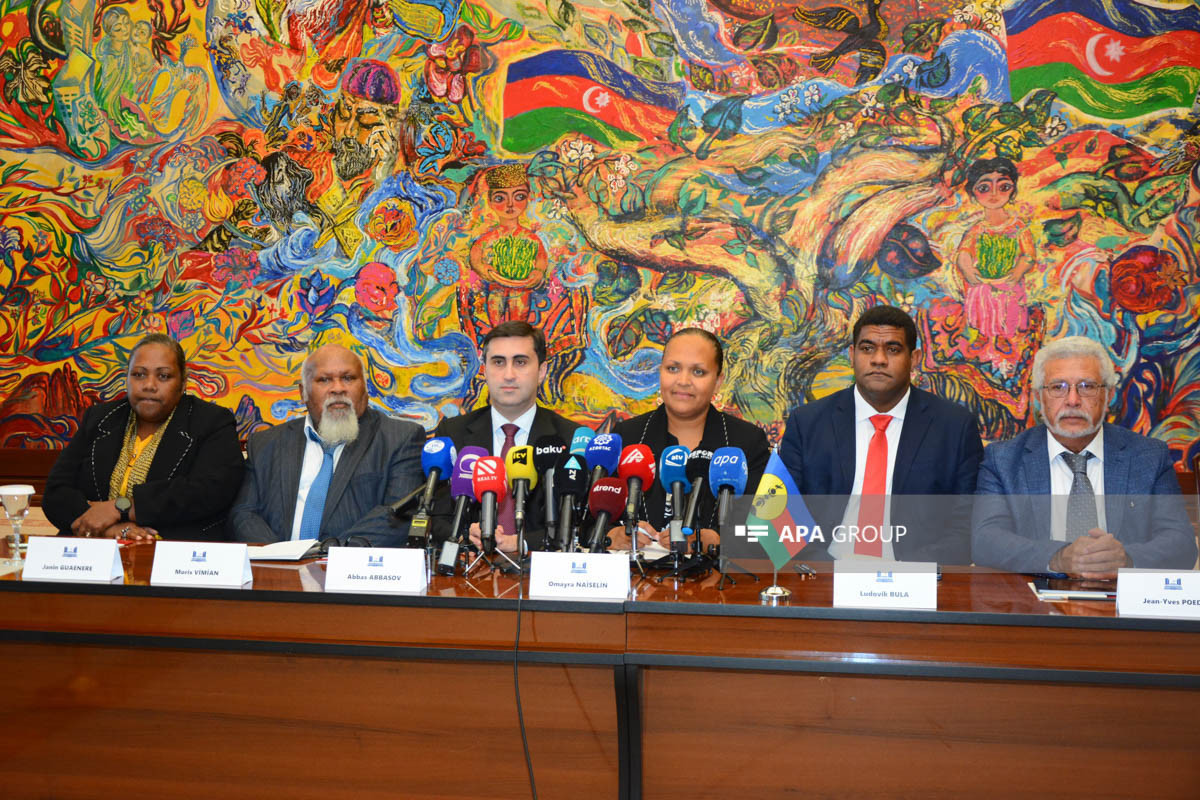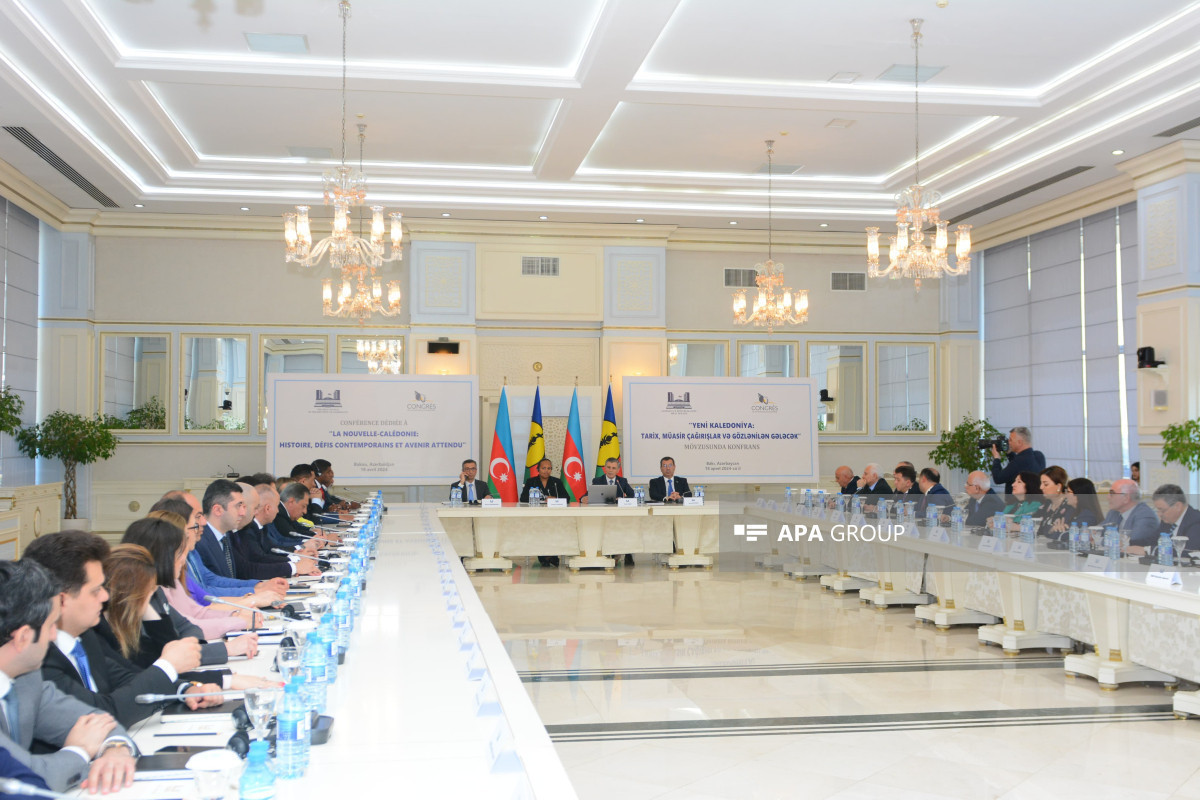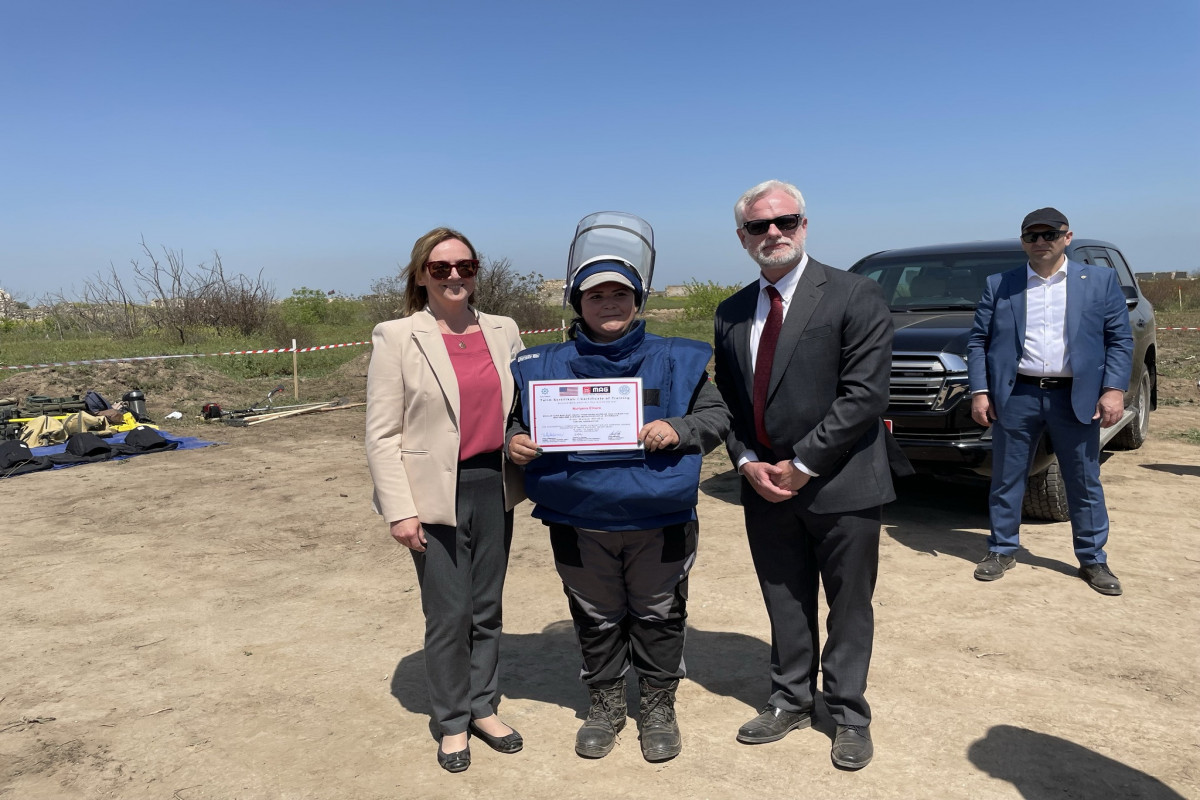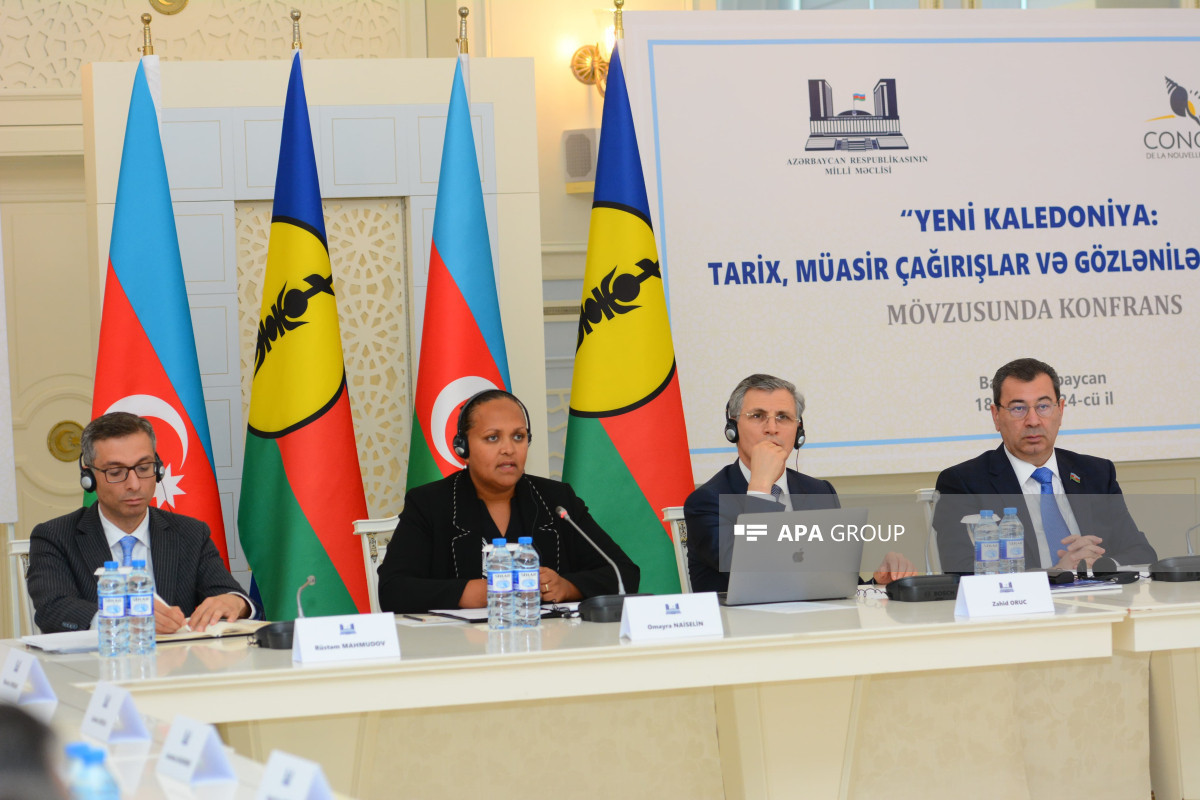A joint statement was made at the 38th session of the United Nations Human Rights Council on June 27 on the initiative of Azerbaijan and on behalf of a cross-regional group of 126 states, including the NAM and OIC groups.
The statement was supported by 2/3 of the UN Human Rights Council’s member states, the Azerbaijani Foreign Ministry told APA.
The statement was read out by Azerbaijan’s Permanent Representative to the United Nations Office and other International Organizations in Geneva Vagif Sadigov.
Sadigov said: “I have the honor to deliver this statement on behalf of a cross-regional group of 126 states, including the NAM and OIC groups.
The full text of this statement will be uploaded on the HRC extranet.
The Universal Declaration of Human Rights has recognized the inherent dignity and the equal and inalienable rights of all members of the human family as the foundation of freedom, justice and peace in the world. However, it has to be admitted that, seventy years on we are still a long way from achieving the goals laid down in the Declaration, with the ongoing wars and armed conflicts, massacres, forced displacements and migratory flows and millions of people suffering from socio-economic inequalities, as well as violations of their basic human rights.
This year also marks the twenty fifth anniversary of the adoption of the Vienna Declaration and Programme of Action, one of the main achievements of which was the recommendation to the UN General Assembly to establish the position of the UN High Commissioner for Human Rights with a view of strengthening global human rights machinery.
Since the establishment of the position, seven High Commissioners had privilege to serve in this capacity for making world a better place to live in. We thank the incumbent High Commissioner Zeid bin Raad Al-Hussein for his efforts in advancing human rights promotion at the global level. The situation of human rights at the global scale necessitates the subsequent High Commissioners to work with all stakeholders to constructively promote human rights.
The appointment of the next High Commissioner is due to take place later this year. It is a crucial moment for the United Nations and for the international community since the new High Commissioner is going to face a world in which human rights norms are under big threat and attacks.
The new High Commissioner will have to confront global human rights challenges including deteriorating democratic values, ongoing and protracted conflicts, inequality, poverty and racial and other forms of discrimination observed on a daily basis around the world. Therefore, the expectations of UN Member States from the new Commissioner will be adequately higher than ever.
While exercising duties in relation to the UN Member States, the new High Commissioner is expected to bear in mind the existing challenges and national contexts and circumstances of Member States, to exercise objectivity, independence and impartiality in his/her actions, to avoid imposing new practices, and to favor constructive dialogue and cooperation, as well as to provide advisory services, technical and financial assistance, upon request of the States concerned, with a view to supporting their actions and programmes in the field of human rights.
In line with the General Assembly resolution 48/141, the new High Commissioner will have to strictly uphold in his/her activities the Charter of the United Nations and the Universal Declaration of Human Rights, to respect the sovereignty, territorial integrity and domestic jurisdiction of States and to ensure that all human rights are universal, indivisible, interdependent and interrelated.
Increased number of human rights violations of victims of ongoing wars and armed conflicts around the world necessitates the new High Commissioner to pay more focused attention to this vulnerable people and to take efficient actions for restoring their violated rights.
As for the operations of the OHCHR, the main expectation from the incoming High Commissioner is to make the activities of the Office more objective, collaborative and transparent and to ensure that its staff composition is geographically more diverse.
Thank you Mr. President.”




 PHOTO'>
PHOTO'>


